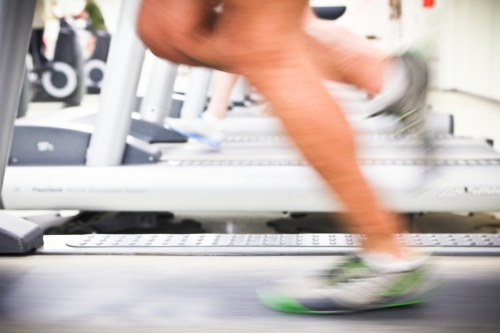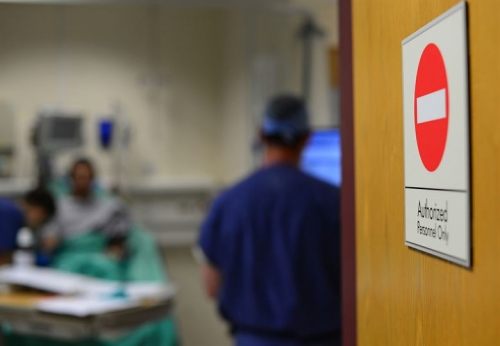The majority of patients that are referred to POP lead a sedentary life. The physical activity program aims to increase aerobic capacity, as well as muscle and core strength.
Recently published systematic reviews of preoperative physical exercise reported less postoperative complications and shorter length of stay in abdominal surgery patients, improvement of pre- and postoperative physical function. Although it is not clear what the role of exercise intensity is, it appears that moderate exercise, consisting of aerobic and resistance training components, is sufficient to provide adequate physiological reserve and energy, even in patients who receive chemotherapy.
The physiotherapist/kinesiologist will prescribe a moderately intense aerobic and resistance exercise program that can be performed three times per week for 4-5 weeks before surgery.
Each session is home-based and individualized, based upon the baseline fitness test (according to the American College of Sport Medicine, ACMS, standard) and includes:
- a 5-minute warm-up
- either 25 minutes of aerobic exercise, or 25 min of resistance training (5 exercises targeting major muscle groups performed at an intensity of 8-12 repetition maximum)
- a 5-minute cool-down
Training intensity progression will occur when the participant can complete aerobic exercise on mild exertion and/or when the participant can complete 15 repetitions of a given resistance exercise.







